Discover fascinating travel trivia from around the globe that will surprise and inspire your wanderlust.
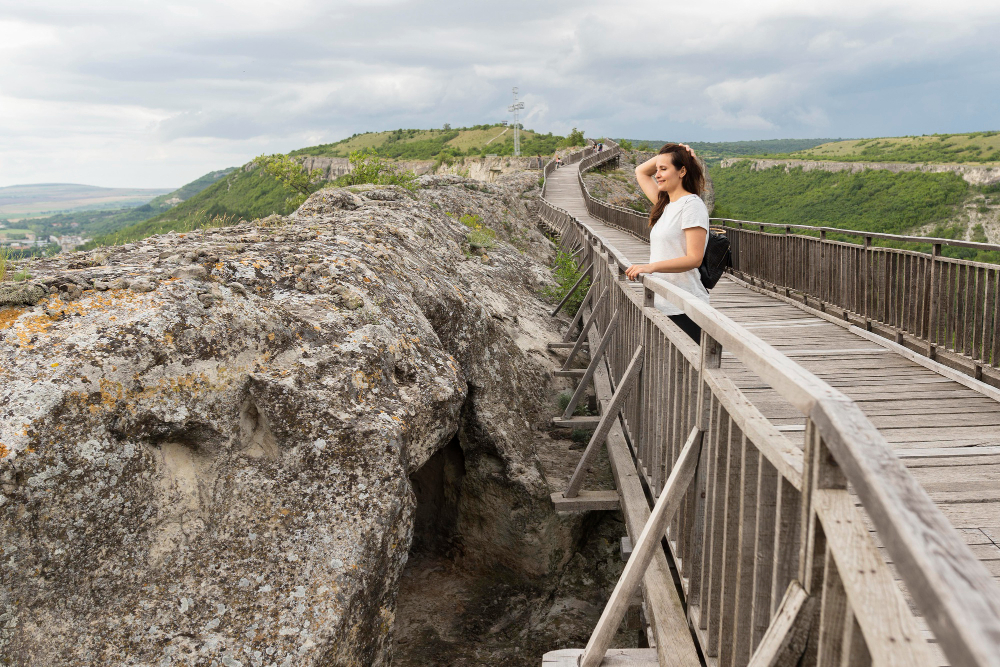
Traveling the world opens doors to unique cultures, hidden histories, and astonishing facts you won’t find in typical guidebooks. Did you know there’s a country where doors are never locked, or that a city’s language changes by the hour? These rare and intriguing international travel facts will not only surprise you but may also change the way you see the world.
Here are nine lesser-known facts that most Americans don’t know about global destinations.
1. Finland’s crime rate is so low that many people don’t lock their doors.

In Finland, locking doors isn’t always necessary because the country boasts one of the world’s lowest crime rates. Residents trust one another, and this cultural norm reflects the high level of safety and community. This trustworthiness extends beyond homes to public spaces, where items left behind are often returned without issue. While it’s always wise for travelers to lock their belongings, Finland’s unique approach to security highlights a fascinating aspect of life in one of the world’s safest countries.
2. Venice’s canals are actually self-cleaning due to their unique tidal system.

The stunning canals of Venice are not just picturesque but also self-cleaning. Thanks to the city’s tidal lagoon, water flows in and out naturally, refreshing the waterways twice daily. This tidal system helps prevent stagnation and ensures the canals remain relatively clean despite heavy boat traffic. While tourism can impact water quality, Venice’s unique geography plays a crucial role in maintaining its charm. Knowing this, travelers can appreciate not just the beauty but also the engineering marvel of this floating city.
3. Mongolia is the least densely populated country on Earth, offering vast untouched landscapes.
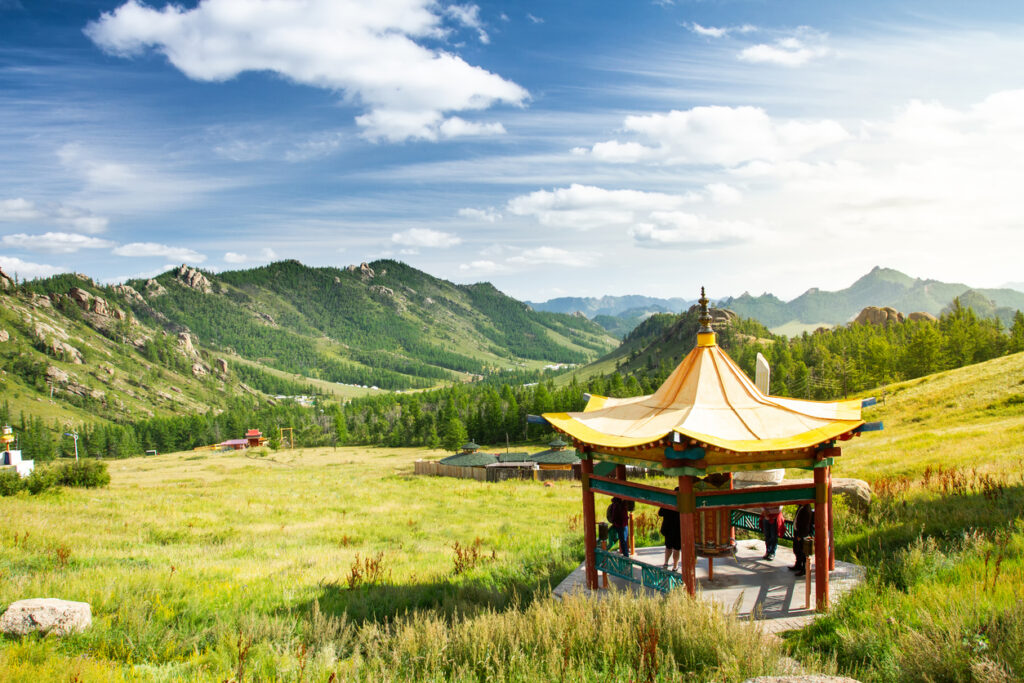
Mongolia has fewer than two people per square kilometer, making it the least densely populated country globally. This vast, sparsely populated land is perfect for adventurers seeking solitude and unspoiled nature. From the Gobi Desert’s dramatic dunes to the rolling steppes, Mongolia offers unparalleled tranquility. Travelers often camp in yurts and experience nomadic life, free from urban noise. This rare travel fact underscores the country’s appeal to those who cherish wide-open spaces and cultural authenticity.
4. Bhutan limits tourism to protect its environment and culture.

Bhutan takes an extraordinary approach to tourism by limiting the number of visitors through its “high-value, low-impact” policy. Travelers must pay a daily sustainable development fee, ensuring the country benefits economically while preserving its natural beauty and unique traditions. This system helps Bhutan maintain its status as one of the happiest countries, prioritizing environmental conservation and cultural heritage. If you’re lucky enough to visit, you’ll experience a pristine environment and rich traditions rarely impacted by mass tourism.
5. Japan has vending machines for everything, including hot meals and umbrellas.

Japan’s vending machines are a marvel of modern convenience, offering far more than snacks and drinks. These machines dispense hot meals, fresh produce, umbrellas, and even clothing. Found on almost every street corner, they reflect Japan’s commitment to efficiency and innovation. Travelers often marvel at how these vending machines meet daily needs in creative ways. Exploring Japan’s vending machine culture is a quirky and practical way to understand the nation’s technological advancements and customer-oriented mindset.
6. Switzerland has underground bunkers that can house its entire population.
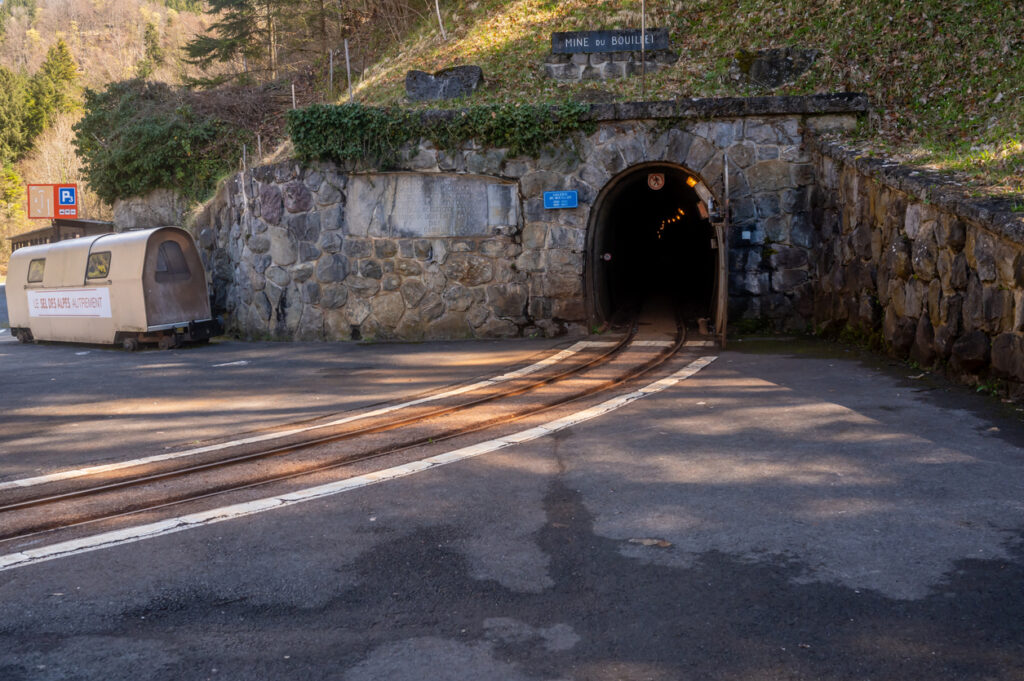
Switzerland is prepared for emergencies with an extensive network of underground bunkers capable of accommodating its entire population. Originally built during World War II, these bunkers are still maintained as part of the country’s civil defense system. Some have been converted into tourist attractions or repurposed for other uses, but their existence highlights Switzerland’s meticulous approach to safety. Travelers can visit these fascinating bunkers to gain insight into Swiss history and preparedness.
7. Colombia is the world’s largest exporter of emeralds, not coffee.
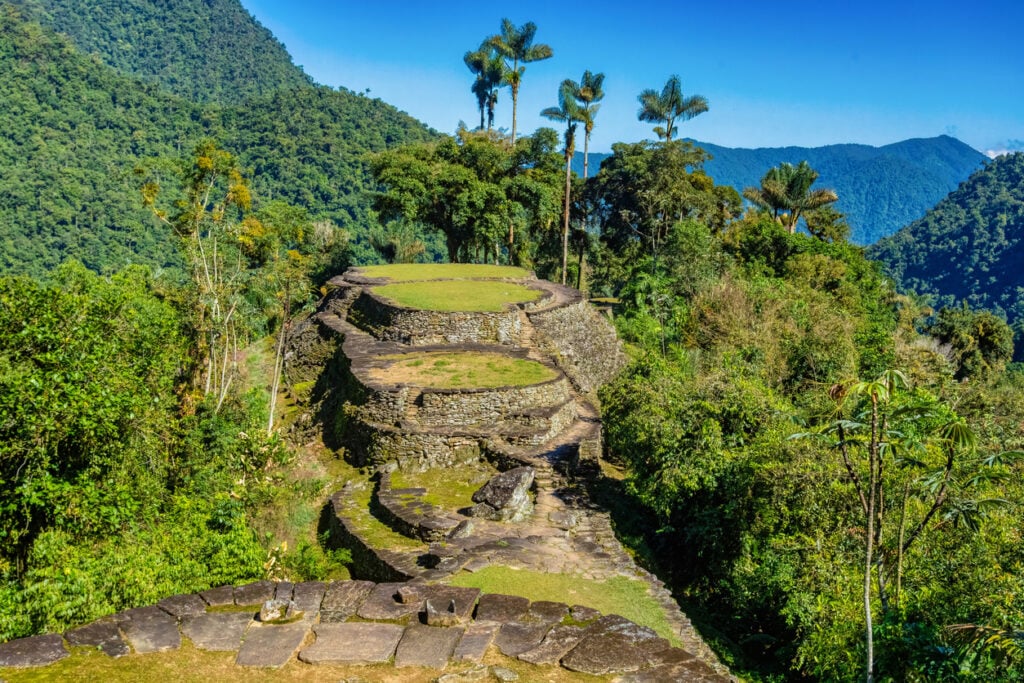
While Colombia is famous for its coffee, it’s actually the leading exporter of emeralds, producing more than half of the world’s supply. The country’s emerald mines are a significant part of its economy and cultural identity. Travelers can visit mining towns like Muzo and Chivor to learn about the emerald trade and even purchase authentic gems. This surprising fact reveals a dazzling side of Colombia that many Americans don’t know, adding a sparkling allure to any visit.
8. Ethiopia follows its own calendar, making it seven years behind the rest of the world.
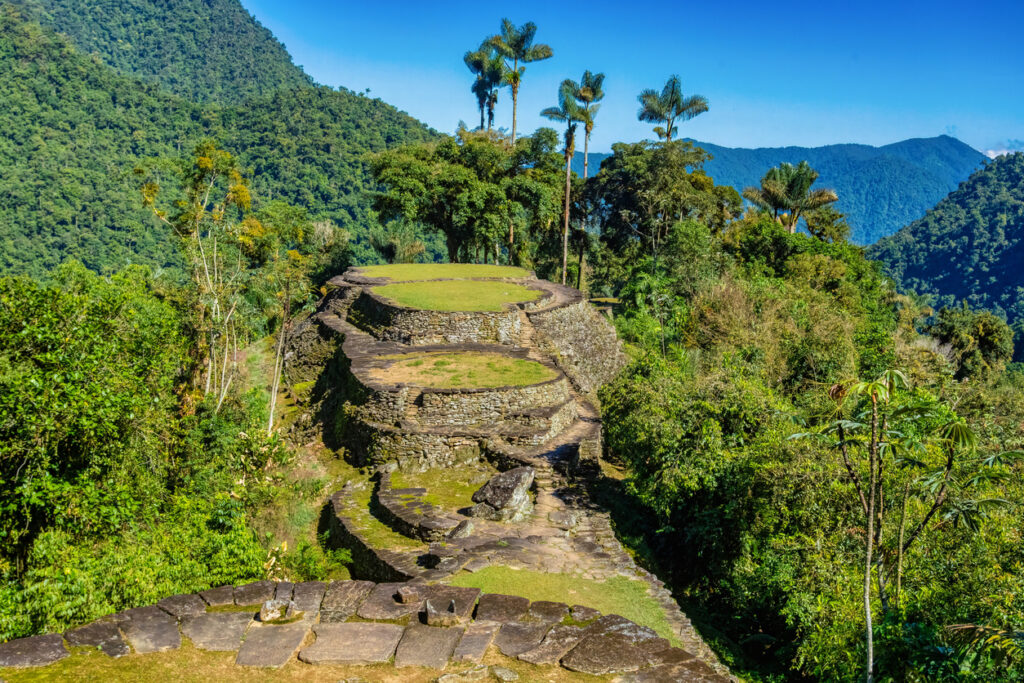
Ethiopia operates on a unique calendar that is approximately seven years behind the Gregorian calendar used in most countries. This calendar features 13 months—12 with 30 days and one with five or six days. Travelers visiting Ethiopia often find themselves adjusting to this fascinating time warp, especially when encountering local holidays or historical dates. Understanding this difference adds a layer of intrigue to exploring Ethiopia’s rich cultural and historical heritage.
9. The world’s smallest country, Vatican City, has its own postal service and ATMs in Latin.

Vatican City, the smallest country in the world, has its own postal service, issuing some of the rarest stamps sought by collectors. What’s more intriguing is that its ATMs offer instructions in Latin, a nod to the Catholic Church’s ancient traditions. Visitors to Vatican City can send postcards stamped with Vatican postage, creating a unique souvenir. This tiny nation’s independence and rich history make it a must-visit destination for travelers fascinated by religion and art.
